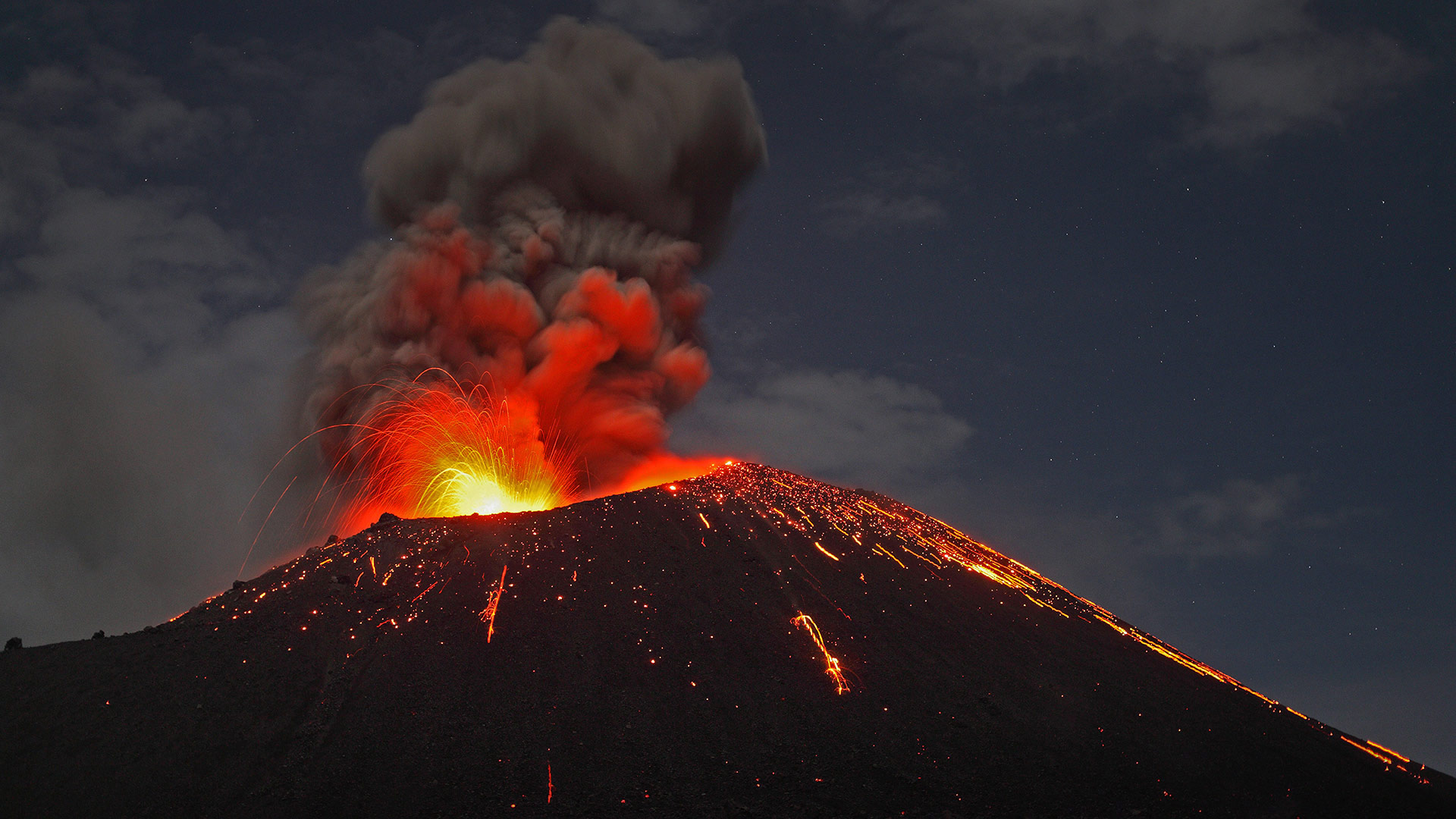Greece’s Incinerator Project: A Step Towards Sustainable Waste Management or a Step Backwards?
Greece, like many other countries around the world, is facing a significant waste management challenge. With an increasing population and an economy heavily reliant on tourism and consumerism, the amount of waste being generated in the country is reaching unprecedented levels. In an attempt to address this issue, the Greek government has initiated the construction of several waste-to-energy incineration plants in different parts of the country. While proponents of this project argue that it represents a step towards sustainable waste management, critics are expressing concerns about the potential negative impacts of such facilities on public health and the environment.
The concept of waste-to-energy incineration plants is not new. In fact, many countries have been using this technology for decades as a means of reducing the volume of waste sent to landfills and generating electricity in the process. The incineration process involves burning solid waste at high temperatures to convert it into ash, flue gas, and heat. The heat produced during the incineration process can be used to generate electricity, which is then fed into the national grid.
Proponents of the incinerator project in Greece argue that these facilities will help the country to reduce its reliance on landfilling and mitigate environmental pollution. They also argue that the energy produced from incineration can contribute to meeting the country’s energy needs. Furthermore, they claim that modern incineration technologies can effectively capture and treat harmful emissions, making the process relatively safe for public health and the environment.
However, the critics of the incinerator project in Greece are raising several concerns about the potential negative impacts of such facilities. They argue that incineration releases harmful pollutants such as dioxins, heavy metals, and particulate matter into the air, which can have serious implications for public health. They also express concerns about the potential contamination of water and soil from the ash produced during the incineration process. Furthermore, they argue that incineration can discourage recycling and waste reduction efforts, as it offers a convenient disposal option for waste that could be otherwise diverted from landfills through recycling and composting.
One of the key concerns raised by critics is the potential impact of incineration on public health. The emissions from incineration facilities can contain a range of pollutants that are known to have adverse effects on human health. For example, dioxins, which are by-products of burning plastics and other materials, are highly toxic and have been linked to various health issues, including cancer, reproductive and developmental disorders, and damage to the immune system. Heavy metals such as lead, mercury, and cadmium, which are present in many types of waste, can also pose serious health risks when released into the environment.
Another concern is the potential impact of incineration on the environment. The ash produced during the incineration process contains a variety of toxic substances, and if not managed properly, it can contaminate water and soil. Furthermore, the release of greenhouse gases from incineration can contribute to climate change, which is a significant environmental concern. Critics argue that the construction of incineration facilities may also undermine efforts to promote recycling and waste reduction, as it provides a convenient disposal option for waste that could be otherwise diverted from landfills through recycling and composting.
In response to these concerns, proponents of the incinerator project in Greece argue that modern incineration technologies are equipped with advanced air pollution control systems that can effectively capture and treat harmful emissions. They also argue that the energy produced from incineration can contribute to reducing the country’s reliance on fossil fuels, and therefore, mitigate the impact of climate change. Furthermore, they claim that incineration can complement recycling and waste reduction efforts by providing a disposal option for non-recyclable and non-compostable waste.
It is clear that the incinerator project in Greece has sparked a significant debate about the best approach to managing the country’s waste. While proponents argue that incineration represents a step towards sustainable waste management and energy generation, critics are expressing concerns about the potential negative impacts of such facilities on public health and the environment. It is important for the Greek government to carefully consider these concerns and to engage in a transparent and inclusive decision-making process that takes into account the perspectives of all relevant stakeholders.
In conclusion, the incinerator project in Greece represents a complex and controversial issue with significant implications for public health, the environment, and the country’s overall approach to waste management. While proponents argue that incineration represents a step towards sustainable waste management and energy generation, critics are expressing concerns about the potential negative impacts of such facilities. It is essential for the Greek government to carefully consider these concerns and to engage in a transparent and inclusive decision-making process that takes into account the perspectives of all relevant stakeholders.
FAQs
Q: What are the potential health risks associated with incineration?
A: Incineration releases harmful pollutants such as dioxins, heavy metals, and particulate matter into the air, which can have serious implications for public health. These pollutants are known to have adverse effects on human health, including cancer, reproductive and developmental disorders, and damage to the immune system.
Q: Can incineration contribute to climate change?
A: Yes, the release of greenhouse gases from incineration can contribute to climate change, which is a significant environmental concern.
Q: How can incineration impact recycling and waste reduction efforts?
A: Critics argue that incineration can discourage recycling and waste reduction efforts, as it provides a convenient disposal option for waste that could be otherwise diverted from landfills through recycling and composting.
Q: Are there any benefits to incineration?
A: Proponents argue that incineration can help to reduce the volume of waste sent to landfills, generate energy, and mitigate environmental pollution. However, it is essential to carefully consider and address the potential negative impacts of such facilities on public health and the environment.
Greece’s Incinerator Project: A Step Towards Sustainable Waste Management or a Step Backwards?




